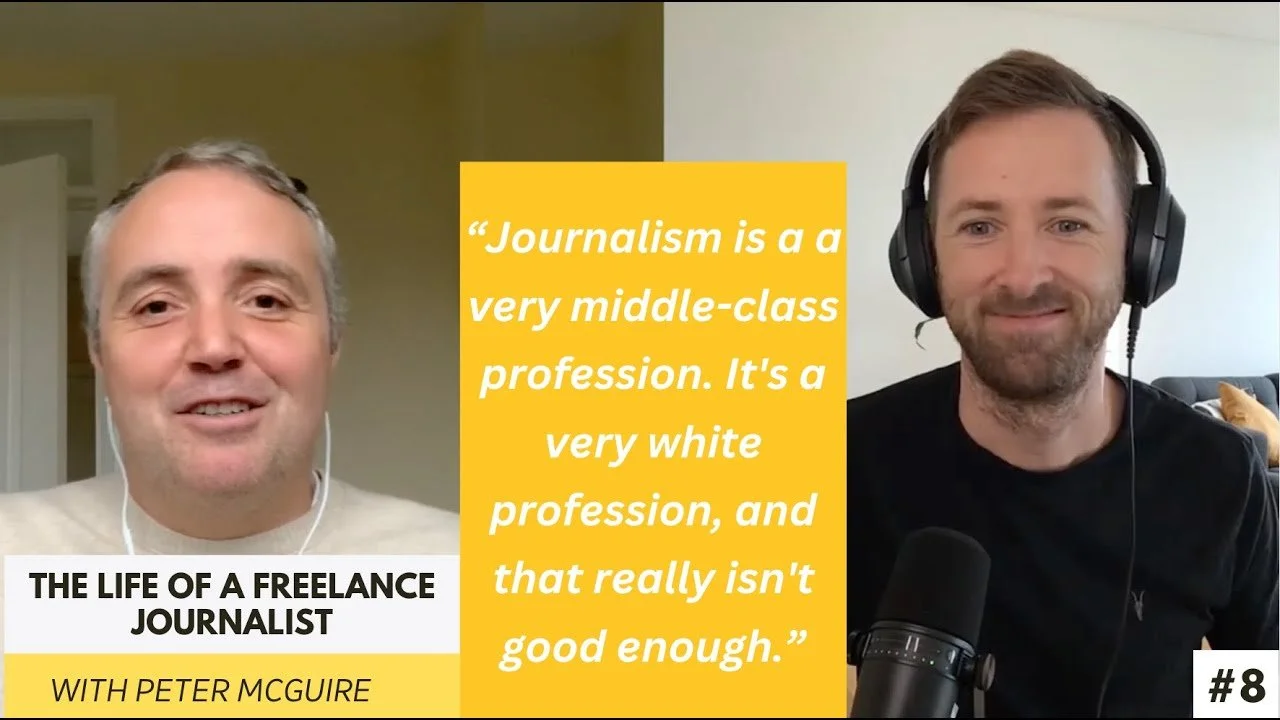Fight distraction and embrace deep work
Videos, news articles, social media, emails and phones are all common distractions throughout our workday. How many of them are work-related compared to just communicating about work? I'm writing about this not because I can do this perfectly myself, but because it’s something I’m focusing on improving. Deep Work, a book by Cal Newport, is a fantastic resource for people not just looking to get some productivity tips, but also to get into the headspace of someone like us who has had very similar struggles with concentration. Cal is 34 and a professor of computer science - this means that he has grown up in the same attention-grabbing technology age that we have. He understands our societal ADHD, and is not merely preaching from the mountain top!
Before I outline some of my favourite tips and ideas from his book, I have to remind you that merely skimming tips about new behaviours is not enough (in my opinion). We all want good information fast and believe that we can take it in, however, I argue that there are some lessons we need repeated to us over and over again; to learn about examples; to find out the problems with the theory and to help us internalise them. So you can read them here, and I hope they help, but it still won’t be as good as digesting them from the book (which I hope you decide to do).
Flow is a good for work satisfaction - 'Flow 'being in a state which refers to being completely absorbed in what you’re doing. Mihály Csíkszentmihályi, a Hungarian psychologist was the first to name this concept. ’Being in the zone’ was an earlier name for the same concept. Flow can only be achieved through deep, concentrated work.
It's good to have on and off times for communication and collaboration. Of course, we all need to share ideas and get help from colleagues but the important thing is that we don’t do it all day every day, rather, we set fixed times where we can do it efficiently.
3 x 90 minutes of deep work is a suggested time allotment from the book. Having said that, this would be very difficult for a beginner to do. Starting off, try 20 or 30 minutes of focused work and then build up your resilience in small steps over time.
Recognise your success by marking it out on your calendar every time you successfully complete your deep work for the day. You could use a tick or an ‘X’. This will act as reassurance that you’re improving as the days go by.
Rituals minimise friction. Rituals or habits make new behaviours easy to continue and reduce the cognitive strain.
Forget about internet or technology while you’re working. Some people like to use apps to help them avoid distraction. Here is one: http://www.stayfocusedapp.me/
Have a good, clean workspace which is free of clutter or distractions.
Downtime is critical so that your brain can relax but it’s all good for insights. In other words, working all the time is not effective.
Unconscious thought theory also comes up in the book. This suggests that the unconscious mind is able of completing tasks outside of our awareness, and that unconscious thought is better at solving complex tasks. This is something that I’m going to be testing out myself over the coming weeks.
Productive meditation is it different from regular meditation insofar as it involves doing something like running, walking, cycling or anything that is cognitively easy. It is somehow linked to unconscious thought theory because it means you don't try to solve a problem but you also don’t distract yourself with anything else. You just let your brain relax and recuperate.
Create a shutdown ritual and make a plan for later or the next day. I really liked this idea of having a few things that you do at the end of every day as a way of telling your brain that it’s finished for the moment. This might involve making a to-do list for the next day, checking emails to make sure there’s nothing urgent and turning off the computer.
Say ‘no’ more often and don't be specific about the details. If you’re specific about the details it gives the person a chance to counteract your argument.
Let small bad things happen to make space for big things. You can’t do everything! It’s better to be late replying to an email than always replying really quickly but never getting a chance to do any meaningful deep work.
Artificial constraints on time are useful for people who don’t have normal accountability pressures (e.g. self-employed).
Quit social media for a month and see if it makes a difference to your productivity. Alternatively, check out the useful tools below for automating your online presence.
“Think like an artist - work like an accountant ”
Useful automation tools:
IFTTT: https://ifttt.com/search/Social%20networks
Buffer: buffer.com
Email: mailchimp.com (rss feed reader)
Scheduling: calendly.com
References:
Newport, C. (2016) Deep work: Rules for focused success in a distracted world. United States: Grand Central Publishing.
Also, Cal Newport has a nice video online about why 'following your passion’ is bad advice.









